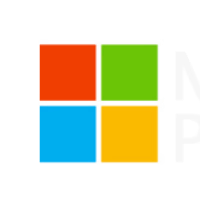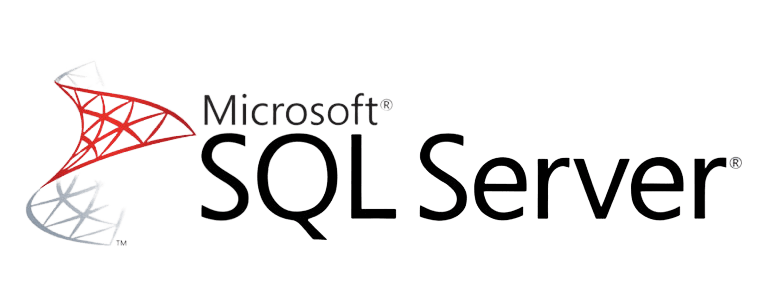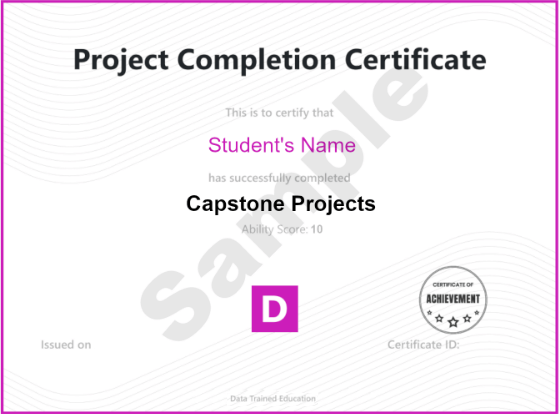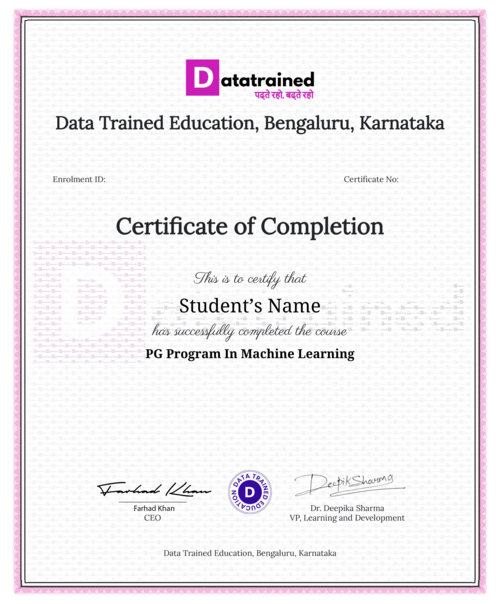This course will introduce you to the world of Python programming language that is widely used in Artificial Intelligence and Machine Learning. We will start with basic ideas before going on to the language's important vocabulary as search phrases, syntax, or sentence building. This course will take you from the basic principles of AI and ML to the crucial ideas with Python, among the most widely used and effective programming languages in the present market. In simple terms, Python is like the English language.
Python Basics
Python is a popular high-level programming language with a simple, easy-to-understand syntax that focuses on readability. This module will guide you through the whole foundations of Python programming, culminating in the execution of your 1st Python program.
Anaconda Installation - Jupyter notebook operation
Using Jupyter Notebook, you will learn how to use Python for Artificial Intelligence and Machine Learning. We can create and share documents with narrative prose, visualizations, mathematics, and live code using this open-source online tool.
Python functions, packages and other modules
For code reusability and software modularity, functions & packages are used. In this module, you will learn how you can comprehend and use Python functions and packages for AI.
NumPy, Pandas, Visualization tools
In this module, you will learn how to use Pandas, Matplotlib, NumPy, and Seaborn to explore data sets. These are the most frequently used Python libraries. You'll also find out how to present tons of your data in simple graphs with Python libraries as Seaborn and Matplotlib.
Working with various data structures in Python, Pandas, Numpy
Understanding Data Structures is among the core components in Data Science. Additionally, data structure assists AI and ML in voice & image processing. In this module, you will learn about data structures such as Data Frames, Tuples, Lists, and arrays, & precisely how to implement them in Python.














 One-on-One with industry mentors
One-on-One with industry mentors



















 Engage in collaborative projects and learn from peers
Engage in collaborative projects and learn from peers





























